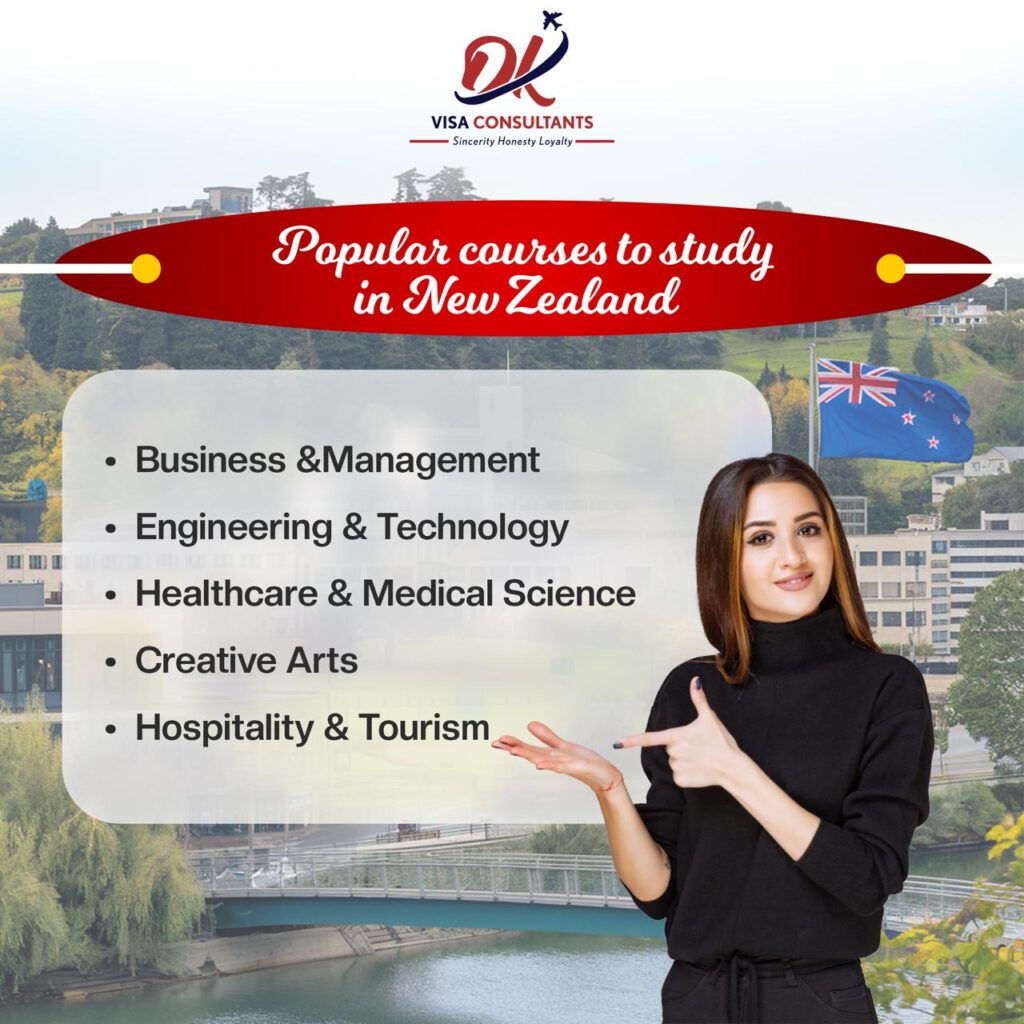Obtaining an F-1 visa is the most difficult task for students who wish to study in the United States. The first step in the entire procedure is scheduling your visa slot, which is getting harder by the day. Because they don’t know how to book an F1 visa slot, they frequently don’t receive the slot. Here are the specifics of an F-1 visa, including what it is, what a visa slot is, what it entails, and how to reserve one.
Explain F-1 Visa?
Foreign students who wish to study in the United States must apply for an F-1 visa. Since this is a non-immigrant visa, the holder must return to their home country at the end of the visa period. An admission letter from a US university recognized by the Student and Exchange Visitor Program (SEVP) is required for application, and the length of your course will determine how long you need a visa.
Requirements for an F-1 visa
For Indian students who want to study in the United States, the following is a comprehensive list of requirements for reserving an F-1 visa slot:
- Letter of acceptance from an organization recognized by the Student and Exchange Visitor Program (SEVP). A university, college, elementary and secondary school, language training program, vocational and technical school, seminary, or religious training program can all be considered this type of establishment.
- Candidates must be enrolled in a full-time course at one of these institutions.
- Applicants must be deeply connected to their homeland. This indicates that they have a reason to go back to India once their course is over.
- Evidence of candidate ability to support themselves financially while they are in the United States for the duration of the course. Their financial situation should demonstrate that applicants, or their sponsor, are able to pay for their living expenses, tuition, and other expenses while in the United States.
- Evidence of candidate fluency in English.
These are the prerequisites. Applicants must provide the following documentation to back up their assertion that they meet these requirements:
- A valid passport
- Filled-out DS-160 form
- Two recent photos that satisfy the standards for U.S. visa photos
- Receipt of payment for the F-1 visa fee
- The SEVP institution’s Form I-20
- Financial statements from banks, sponsors, or other sources
- Test results, diplomas, and transcripts from prior education
- Evidence of international students’ health insurance
What exactly is a Visa slot?
After learning what an F-1 visa is, let’s quickly review what a visa slot is. The appointment must schedule with relevant US authorities to be interviewed prior to receiving F1 visa is referred to as “visa slot.” Since more and more Indian students are traveling to the US each year to further their education, the spots fill up fast. Nevertheless, there are not as many US consulates or VACs (Visa Application Centers) in India as there formerly were.
What’s New For Indian Students Looking To Reserve A Slot For An F-1 Visa?
In November 2023, certain modifications were made to the F1 visa slot application procedure. The updates are as follows:
- When applicants make an appointment or create a profile, they must submit their passport information.
- Incorrect passport information will result in the rejection of their application. The price will be lost and candidates will have to start over since their slot will be deemed an F-1 denied slot.
- Students must make a new profile with the accurate passport details if that occurs.
- Applicants can make an appointment using an earlier profile that contains the accurate passport details.
- If previous fee receipt is associated with the profile that has incorrect passport information, they will require a new one.
How to Schedule an Appointment for a US Student Visa
This is a detailed instruction on scheduling an appointment for a US visa in India.
- Apply to any SEVP-approved institution and be accepted. Following acceptance, students will get a Form I-20 from the institute, which they must complete.
- The Student and Exchange Visitor Information System (SEVIS) is where you pay the Form I-901 fee. The F1 SEVIS cost is currently $350, or approximately ₹29,100. To proceed with your F1 visa application, they must have the receipt from this location.
- When students complete the DS-160 online application on the Consular Electronic Application Center website, the visa slot booking process begins. Make sure to verify the data applicants are entering and adhere to the directions. A passport-size photo that satisfies the requirements for U.S. visa photos must also be uploaded; it must be in color, taken within the last six months, 2 × 2 inches or 51 x 51 mm, with a simple white or off-white background, a neutral facial expression, typical streetwear, and in JPEG format. Save the generated confirmation number.
- On the U.S. Visa Information and Appointment Services website for India, register for an account. Students must apply using their original passport number in accordance with the new regulations. The visa application fee is approximately $185, which is equivalent to ₹15,390. This cost is not refundable.
- After creating a profile, applicants may schedule an appointment for a US student visa by using the “Schedule Appointment” option. It consists of two parts: the first is at the VAC (Visa Application Center), where your photo and biometrics will be taken, and the second is at the US consulate or embassy that is closest to them. Only when a slot becomes available applicants may make a reservation. They will receive a confirmation, which must present to the interview along with further paperwork.
Thus, these are the entire procedures for scheduling a US visa appointment.
Conclusion:
Over the past two years, Indian students have received the second-highest number of F1 visas in the USA. In 2023, the acceptance rate for F-1 visas is roughly 63.74%, and the available seats fill up fast. If the interviewer is certain that you are traveling to the United States only for academic purposes and the documentation you have provided are legitimate, the visa is usually granted within 21 days.
For expert guidance on visas, documentation, and everything in between, reach out to DK Visa Consultant—your trusted partner in turning your study abroad dreams into reality!
FAQ
Q1. What are the spring 2025 F-1 visa slots, and what makes them significant?
Ans: For foreign students wishing to study in the United States, the F-1 visa spots are crucial. They enable you to obtain useful work experience while securing your spot in a U.S. school institution.
Q2. When do F-1 visas for the spring of 2025 open up?
Ans: Yes. The spring 2025 F1 visa spots are now available. Dates from September to January 2025 will be provided. Booking between September and December is ideal, though. For the precise dates and any revisions, it’s also essential to keep up with the most recent news regarding the F1 visa slots for spring 2025.
Q3. How can I find out when India will open up visa slots for the spring of 2025?
Ans: Check the U.S. Embassy website frequently for updates on the application process and news on the availability of visa appointments in India in order to determine when visa slots will open for the spring of 2025.
Q4. Is there any information available regarding the opening of F-1 visa slots for the fall of 2025?
Ans: Yes. Although students primarily concentrate on the F-1 visa spots for spring 2025, you can also use educational materials or the U.S. Embassy to find out when the F-1 visa spots for fall 2025 will open. Because visa availability can vary depending on a number of variables, pay attention to the embassy’s public announcements and updates.
Q5. What paperwork is required to reserve a spot on an F-1 visa?
Ans: Your passport, the DS-160 confirmation, the visa appointment confirmation, Form I-20, and evidence of financial assistance are required in order to guarantee your F-1 visa slots.






